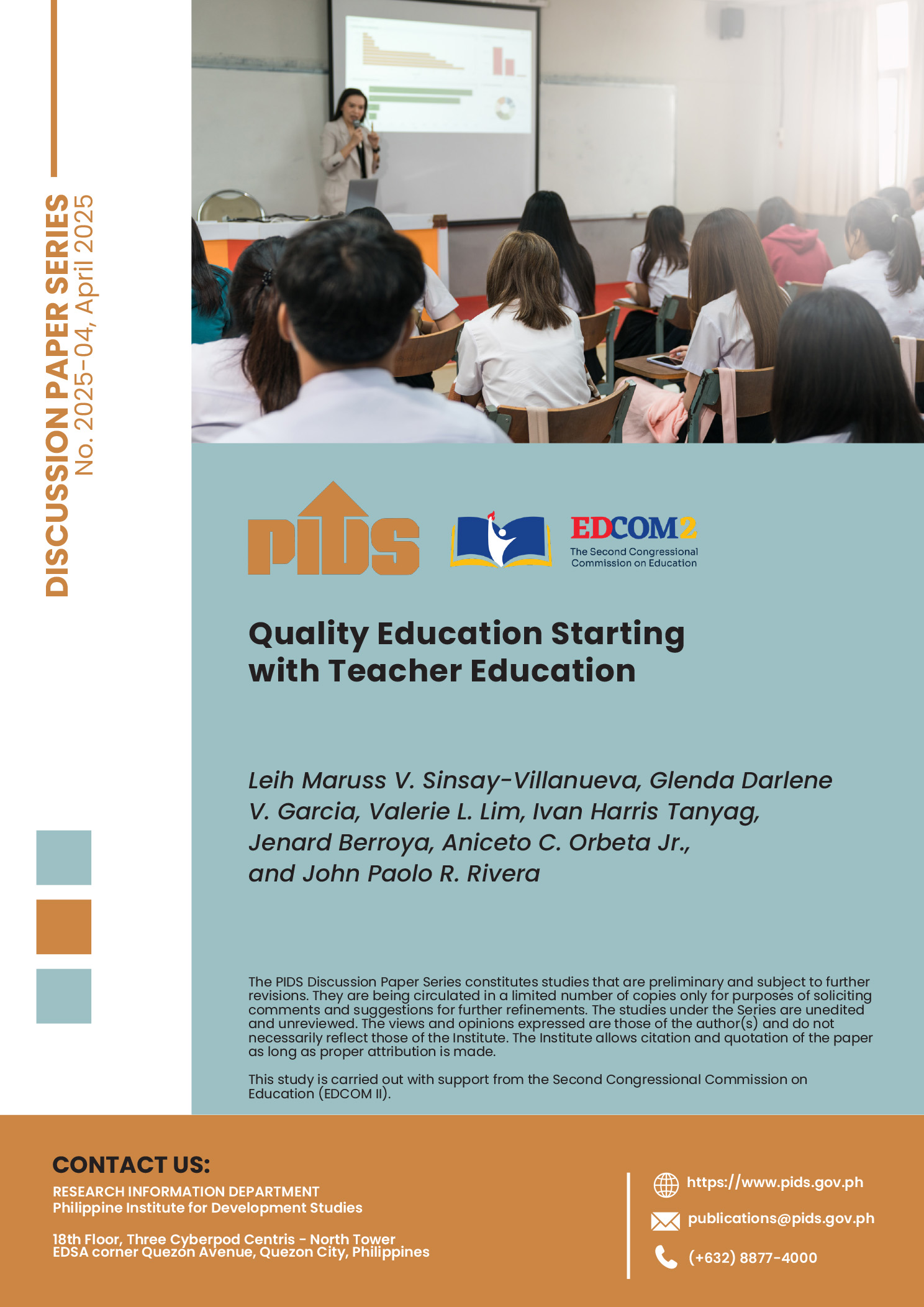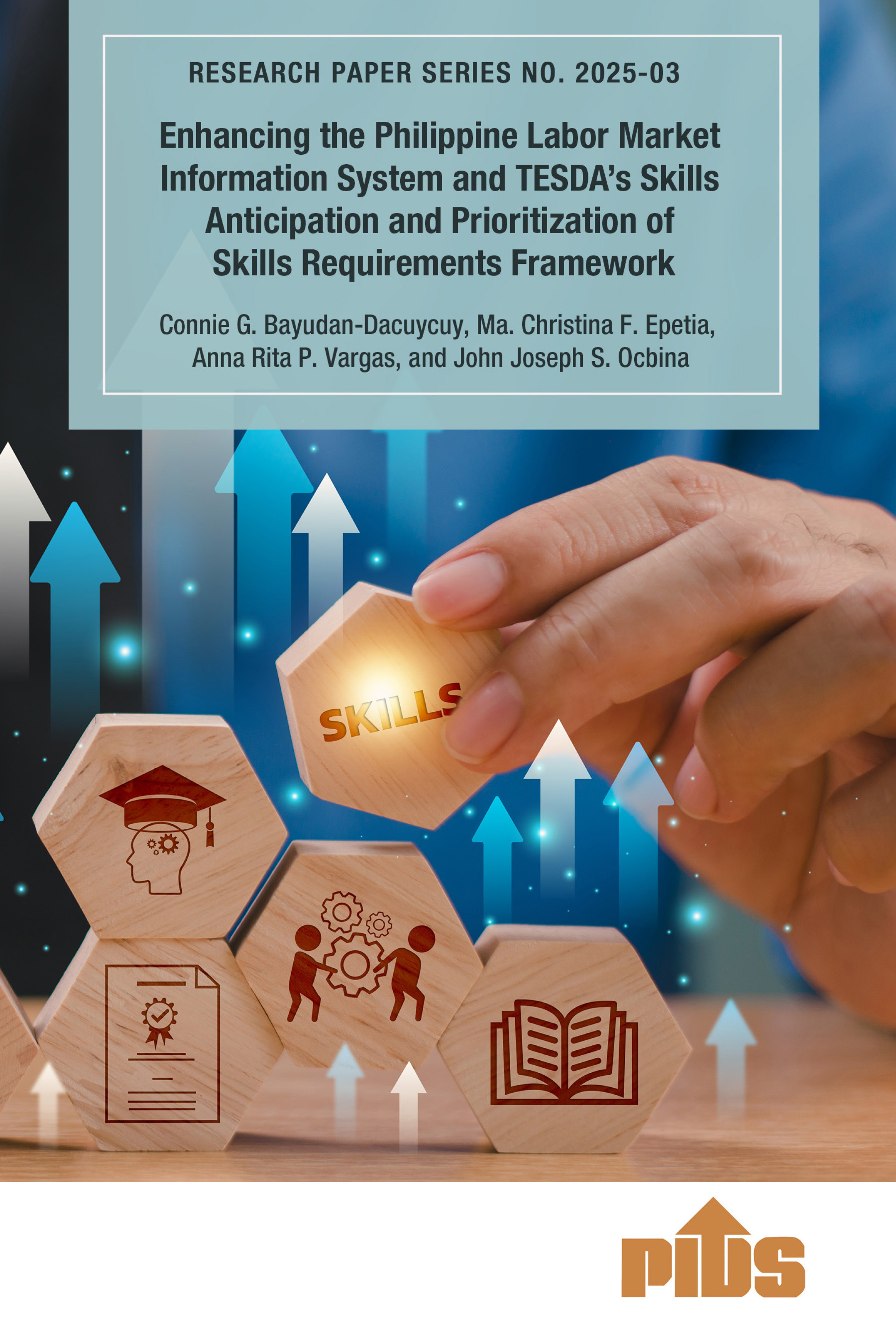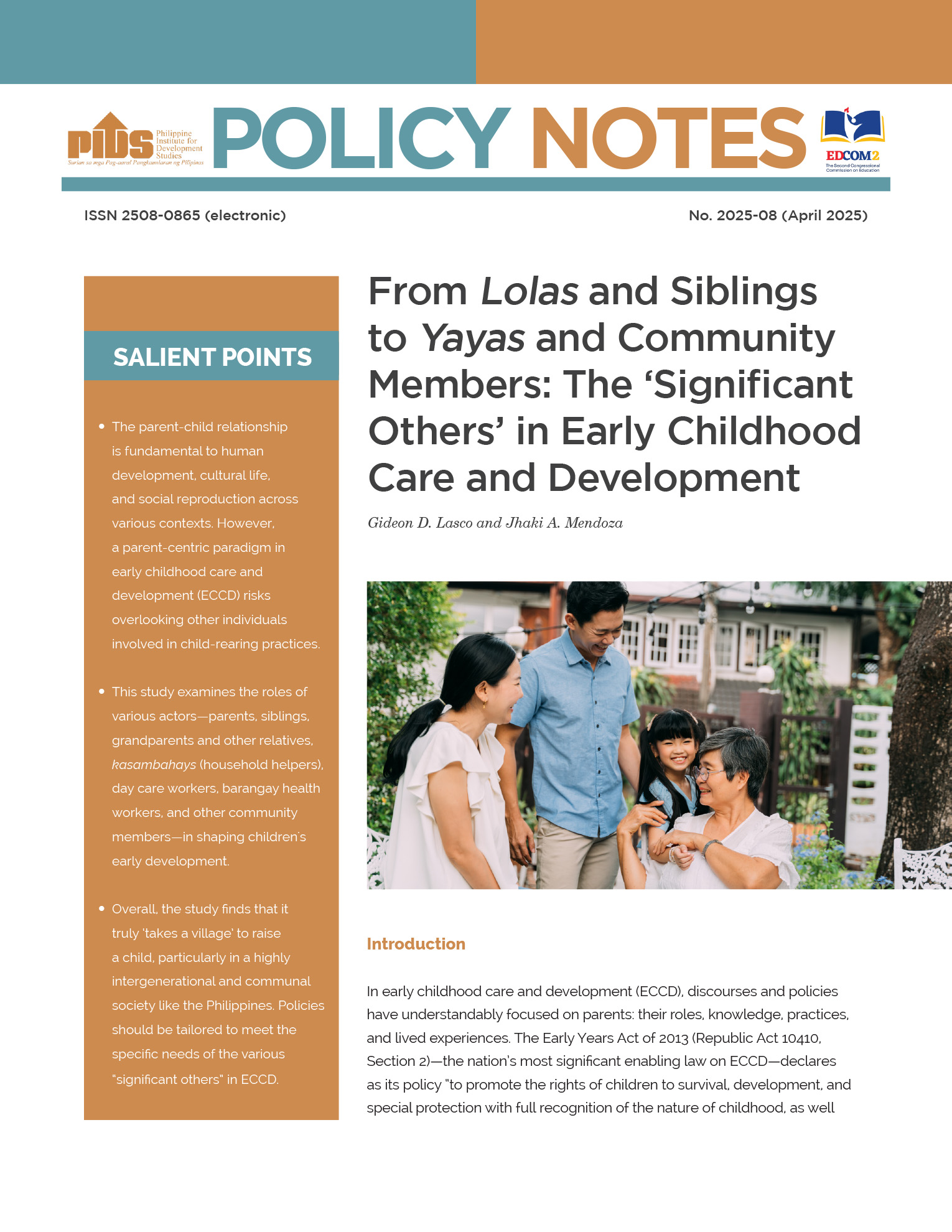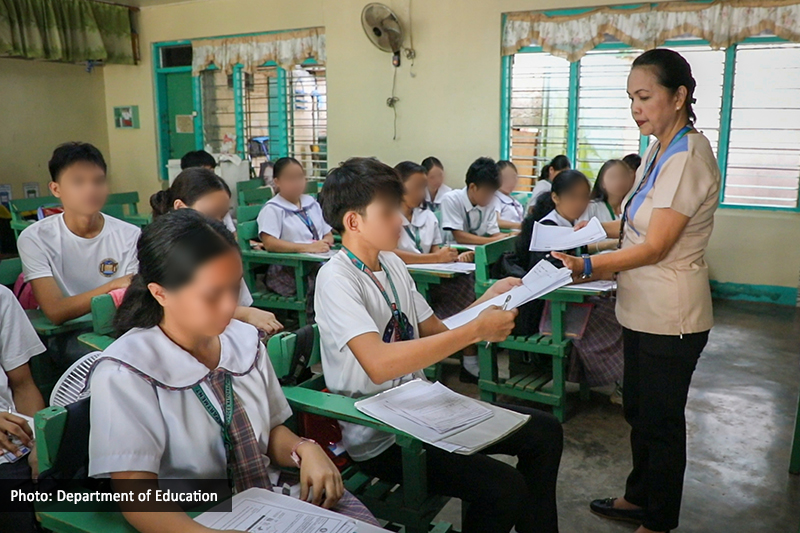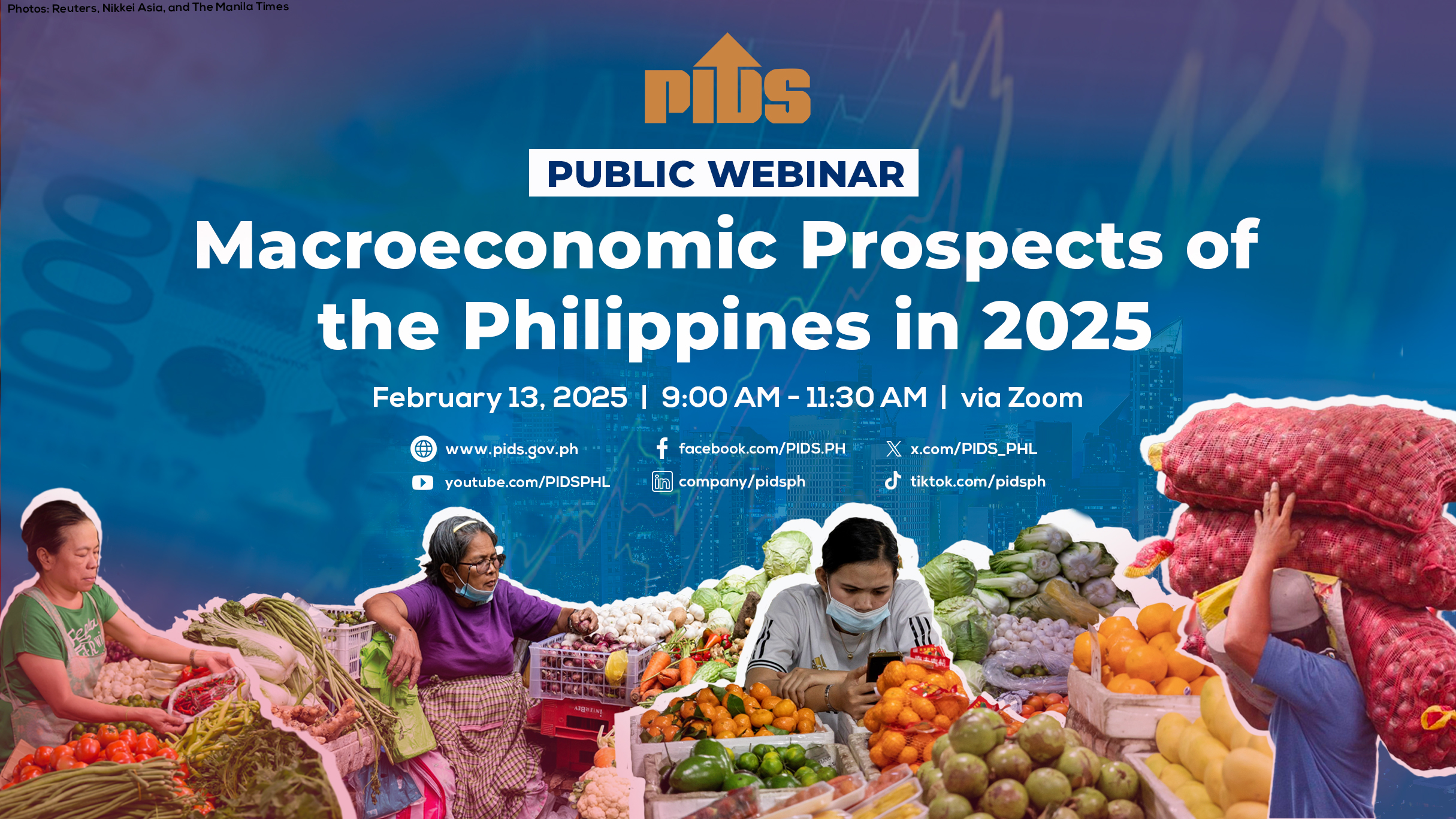AMID "emotionally intense events and discourses in the nation's political spectrum," as the Archdiocese of Manila aptly described it, the Filipino people remain the true losers of these political battles. While political noise dominates headlines and social media chatter, urgent national concerns — declining English proficiency, a struggling health care system and uneven local development — are on the back burner. So, instead of fixating on personalities, let us prioritize real solutions that will truly rebuild our nation.
Decline in English proficiency: A silent crisis
A report by the Philippine Institute of Development Studies warned that many senior high school students lack basic English skills, making subjects like Practical Research hard to teach. Teachers report students struggling with simple sentences, signaling a crisis in English proficiency. While the Philippines' English skills remain an asset for foreign businesses, this edge is fading.
Experts recommend strengthening English instruction, improving teacher training and offering immersive learning like cultural exchanges and English camps. Government-led online resources and language apps can also help.
At the University of Cabuyao, our English Proficiency Program has sparked debate, but with the business process outsourcing sector and global jobs at stake, we remain committed to producing globally competitive graduates.
Embracing English does not make us less Filipino — it empowers us. Take BINI, whose latest EP, BINIverse, includes English songs like "Blink Twice" to reach global audiences. As BINI Sheena said, "We want English songs so we can cater to each country we visit." BINI Jhoanna added, "It's still OPM, but in English." Their approach reflects a broader truth: English is a tool for sharing our ideas and talents with the world. It is also the universal language of research and legal frameworks, making this issue even more critical.
Health care: One illness away from poverty
For many Filipinos, a single medical emergency can mean generational financial ruin. Our health care system — a web of inefficiencies and half-measures — leaves families drowning in debt. The Universal Health Care Law, seemingly rushed before the 2019 elections, was a missed opportunity for real reform. Instead of being a comprehensive solution, it became another unfunded mandate, leaving hospitals struggling and patients neglected.
To fix this, we need more than political promises. Funding must increase, corruption must be rooted out and quality health care must be a right, not a privilege. A strong nation starts with healthy people. If we fail to act now, we condemn millions to suffering.
A whole-of-society approach, as seen during the Covid-19 pandemic, is key. Reforming our health care system means addressing its core components. For this, the World Health Organization outlines six pillars of health systems: 1) service delivery; 2) health workforce; 3) information; 4) medical products; 5) financing; and 6) leadership/governance. Strengthening these would lead to better health equity, financial protection and more efficient health care for all Filipinos.
Mandanas ruling: A promise unfulfilled
Decentralization was meant to empower local governments, yet development remains concentrated in Metro Manila. The Mandanas-Garcia ruling was supposed to change this by transferring more funds to local governments, but delays and bureaucratic red tape have stalled progress. It is as if local leaders are seen as incapable of managing their own communities.
True progress happens when local governments have the resources, authority and autonomy to drive development. Certain decisions should not be dictated from Manila but made by those who understand their communities best.
Local governments have already developed devolution transition plans — so, what's next? If the goal is true decentralization, we must go beyond simply downloading funds. We must remove outdated policies, build capacity for local leaders and expand public-private partnerships (PPPs). Take Batangas, for example — the Nasugbu-Bauan Expressway, a local PPP between the provincial government and San Miguel Corp., is set to drive balanced development across the province. Ultimately, local development should be championed and not hindered by national politics.
Choosing the side of the Filipino people
In the chaos of political narratives, multiple versions of the truth emerge — one side, the other side, and the absolute truth which is often drowned in the noise. But beyond these battles, one thing should be clear: our allegiance must always be to the Filipino people.
Elections should not be about dynasties fighting for power. Governance should not be about settling political scores. Leadership should not be about empty rhetoric. The real measure of leadership is tackling the issues that truly matter — education, health care and sustainable development.
I have made my choice. I am choosing the side of the Filipino people. Now, the question is: Will you stand for real change, or let the noise drown out what truly matters?

